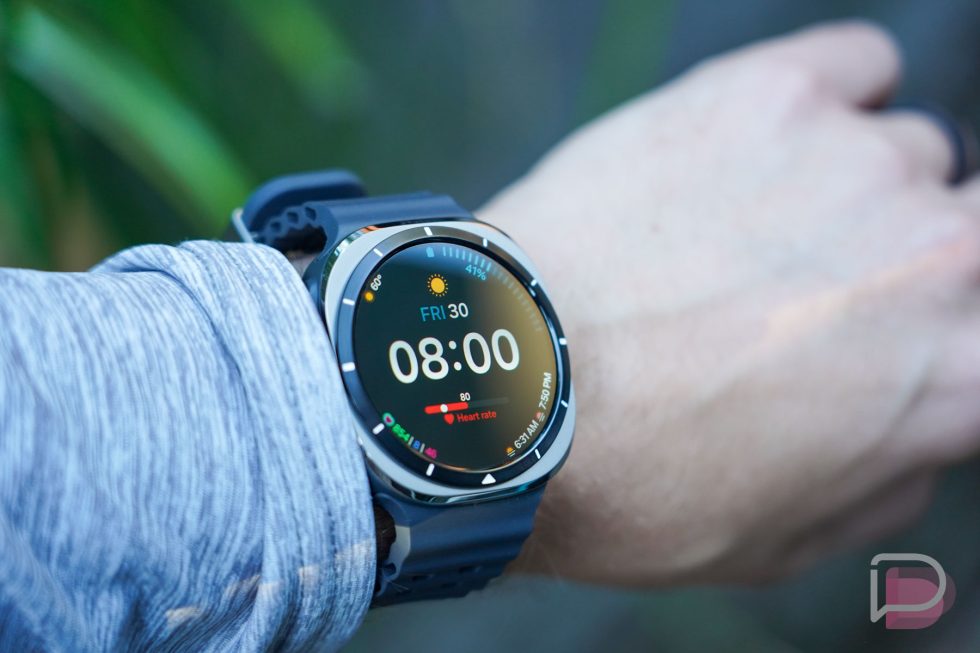Hire Data Scientists to Future-Proof Your DevOps Pipeline
Discover how hiring data scientists can transform your DevOps pipeline through intelligent automation, predictive analytics, and MLOps integration. Learn strategies to build data-driven CI/CD processes that scale with your business needs.

The Evolution of DevOps Through Data Intelligence
Modern DevOps has evolved beyond traditional automation to embrace intelligent, data-driven decision making. Companies that hire data scientists specifically for DevOps transformation are seeing remarkable improvements in deployment success rates, system reliability, and operational efficiency. The integration of data science into DevOps creates what industry experts call "DataOps" - a methodology that treats data as a first-class citizen in the development lifecycle.
Recent industry analysis shows that organizations implementing data-driven DevOps practices experience 45% fewer production failures and 60% faster incident resolution times. When you hire data scientists with DevOps expertise, you're investing in capabilities that can predict system behaviors, optimize resource allocation, and automate complex decision-making processes that traditionally required manual intervention.
MLOps: The Bridge Between Data Science and DevOps
Machine Learning Operations (MLOps) represents the convergence of data science and DevOps practices. Grand View Research projects the MLOps market to reach USD 3.1 billion by 2025, highlighting the growing importance of this field. MLOps extends traditional DevOps principles to handle the unique challenges of machine learning workflows, including model versioning, automated retraining, and performance monitoring.
When you hire data scientists experienced in MLOps, they bring expertise in building pipelines that can handle both traditional application deployments and machine learning model lifecycles. This dual capability ensures your DevOps infrastructure remains relevant as your organization increasingly relies on AI-driven solutions.
Predictive Analytics for Proactive Pipeline Management
Traditional DevOps relies heavily on reactive monitoring - identifying and fixing issues after they occur. Data scientists bring predictive capabilities that can identify potential problems before they impact production systems. By analyzing historical deployment data, system metrics, and user behavior patterns, they can build models that forecast when deployments are likely to fail or when systems may experience performance degradation.
Companies that hire data scientists for pipeline optimization report 70% reduction in unplanned downtime and 50% improvement in deployment success rates. These improvements stem from predictive models that can recommend optimal deployment windows, identify risky code changes, and suggest resource scaling decisions based on anticipated load patterns.
Intelligent Resource Optimization
Cloud infrastructure costs continue to rise, making resource optimization a critical business concern. Data scientists excel at analyzing usage patterns, identifying waste, and building automated scaling systems that respond intelligently to demand fluctuations. Their expertise in statistical modeling and optimization algorithms enables more sophisticated resource management than traditional rule-based systems.
When you hire data scientists focused on infrastructure optimization, they can develop models that predict resource needs based on application behavior, user patterns, and seasonal trends. This capability helps organizations reduce cloud costs by 30-40% while maintaining optimal performance levels.
Building Intelligent CI/CD Pipelines
Continuous Integration and Continuous Deployment pipelines benefit significantly from data science integration. Data engineers on the DataOps side are responsible for taking upstream data sources and applying the right transformations so that downstream data scientists can work effectively, creating a seamless flow of information through the development lifecycle.
Smart CI/CD pipelines leverage machine learning to make deployment decisions, optimize testing strategies, and predict the impact of code changes. Data scientists can build models that analyze code complexity, test coverage, and historical failure patterns to determine the appropriate level of testing and validation for each deployment.
Automated Quality Gates Through Data Analysis
Quality gates in traditional DevOps often rely on simple metrics like test pass rates or code coverage percentages. Data scientists enhance these gates by incorporating sophisticated analysis of code quality, performance impact, and business risk factors. They can develop models that consider multiple dimensions of software quality and provide nuanced recommendations for deployment decisions.
Organizations that hire data scientists for quality automation see 60% reduction in post-deployment defects and 40% faster time-to-market for new features. These improvements result from more intelligent quality assessment that goes beyond traditional metrics to consider the broader impact of changes.
Real-Time Monitoring and Anomaly Detection
System monitoring has evolved from simple threshold-based alerting to sophisticated anomaly detection using machine learning algorithms. Data scientists bring expertise in time series analysis, pattern recognition, and statistical modeling that enables more accurate identification of genuine issues while reducing false positive alerts.
Advanced monitoring systems built by data scientists can detect subtle performance degradations, identify security threats, and predict system failures before they occur. When you hire data scientists with expertise in observability, they can implement monitoring solutions that learn from historical data and adapt to changing system behaviors.
Intelligent Alerting Systems
Traditional monitoring generates numerous alerts that often overwhelm operations teams. Data scientists can build intelligent alerting systems that prioritize alerts based on business impact, correlate related issues, and provide contextual information to help teams respond more effectively. These systems use machine learning to understand normal system behavior and only alert when genuine anomalies occur.
Companies implementing data science-driven monitoring report 80% reduction in alert fatigue and 50% faster mean time to resolution for production issues. The key is hiring data scientists who understand both the technical aspects of system monitoring and the operational needs of DevOps teams.
Data-Driven Security and Compliance
Security in DevOps requires continuous monitoring, threat detection, and compliance validation. Data scientists bring sophisticated analytical capabilities to identify security threats, analyze vulnerability patterns, and automate compliance reporting. Their expertise in pattern recognition and statistical analysis enables more effective security monitoring than traditional rule-based systems.
In 2023, GitGuardian found 10M+ secrets exposed on GitHub. In 2025, that number's lower thanks to automated scans, demonstrating the value of intelligent security automation. Organizations that hire data scientists for DevSecOps implementation see significant improvements in threat detection accuracy and response times.
Automated Compliance Monitoring
Regulatory compliance requires continuous monitoring and reporting across complex systems. Data scientists can build automated compliance dashboards that track adherence to security policies, data protection requirements, and industry standards. These systems use machine learning to identify compliance risks and recommend corrective actions.
Performance Optimization Through Data Analysis
Application performance optimization benefits greatly from data science techniques. Data scientists can analyze performance metrics, user behavior data, and system resource utilization to identify optimization opportunities that traditional approaches might miss. Their expertise in statistical modeling and optimization algorithms enables more sophisticated performance tuning.
When you hire data scientists for performance optimization, they can develop models that predict application behavior under different load conditions, identify performance bottlenecks before they impact users, and recommend infrastructure changes based on usage patterns. This proactive approach to performance management helps organizations maintain optimal user experiences while controlling costs.
Capacity Planning and Scaling Strategies
Accurate capacity planning requires sophisticated analysis of usage patterns, growth trends, and seasonal variations. Data scientists excel at building predictive models that forecast resource needs and recommend scaling strategies. Their analytical approach to capacity planning helps organizations avoid both over-provisioning and performance issues.
Organizations that hire data scientists for capacity planning report 35% reduction in infrastructure costs and 90% improvement in capacity planning accuracy. These benefits result from more sophisticated analysis that considers multiple factors affecting resource utilization.
The Future of Data-Driven DevOps
The integration of data science into DevOps practices represents a fundamental shift toward intelligent, predictive, and automated operations. Automation requires less manual engagement, and saves people time/resources. This becomes increasingly important as companies pursue cost optimization in 2025. Organizations that hire data scientists to transform their DevOps capabilities position themselves for success in an increasingly complex and competitive technology landscape.
As systems become more complex and user expectations continue to rise, the ability to make data-driven decisions in real-time becomes a competitive advantage. Companies that invest in data science capabilities for their DevOps teams will be better positioned to deliver reliable, scalable, and cost-effective solutions.
The convergence of data science and DevOps creates opportunities for organizations to build truly intelligent systems that learn, adapt, and optimize themselves over time. When you hire data scientists with DevOps expertise, you're investing in the future of software delivery and operations management.





































































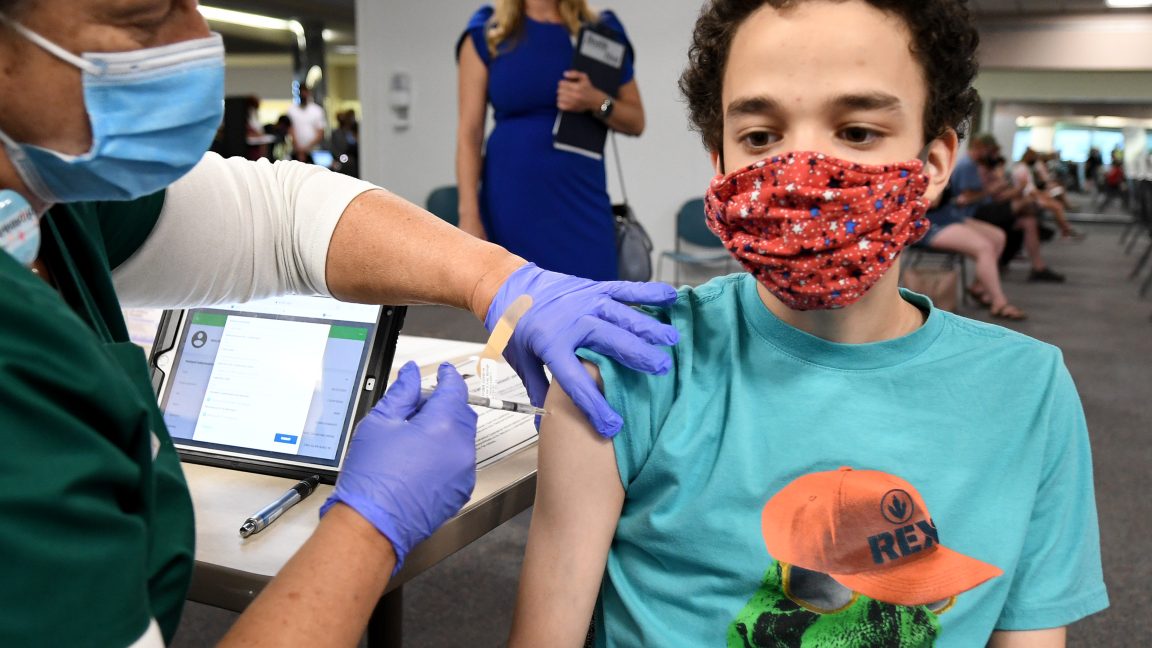








































































































![[The AI Show Episode 150]: AI Answers: AI Roadmaps, Which Tools to Use, Making the Case for AI, Training, and Building GPTs](https://www.marketingaiinstitute.com/hubfs/ep%20150%20cover.png)
![[The AI Show Episode 149]: Google I/O, Claude 4, White Collar Jobs Automated in 5 Years, Jony Ive Joins OpenAI, and AI’s Impact on the Environment](https://www.marketingaiinstitute.com/hubfs/ep%20149%20cover.png)







































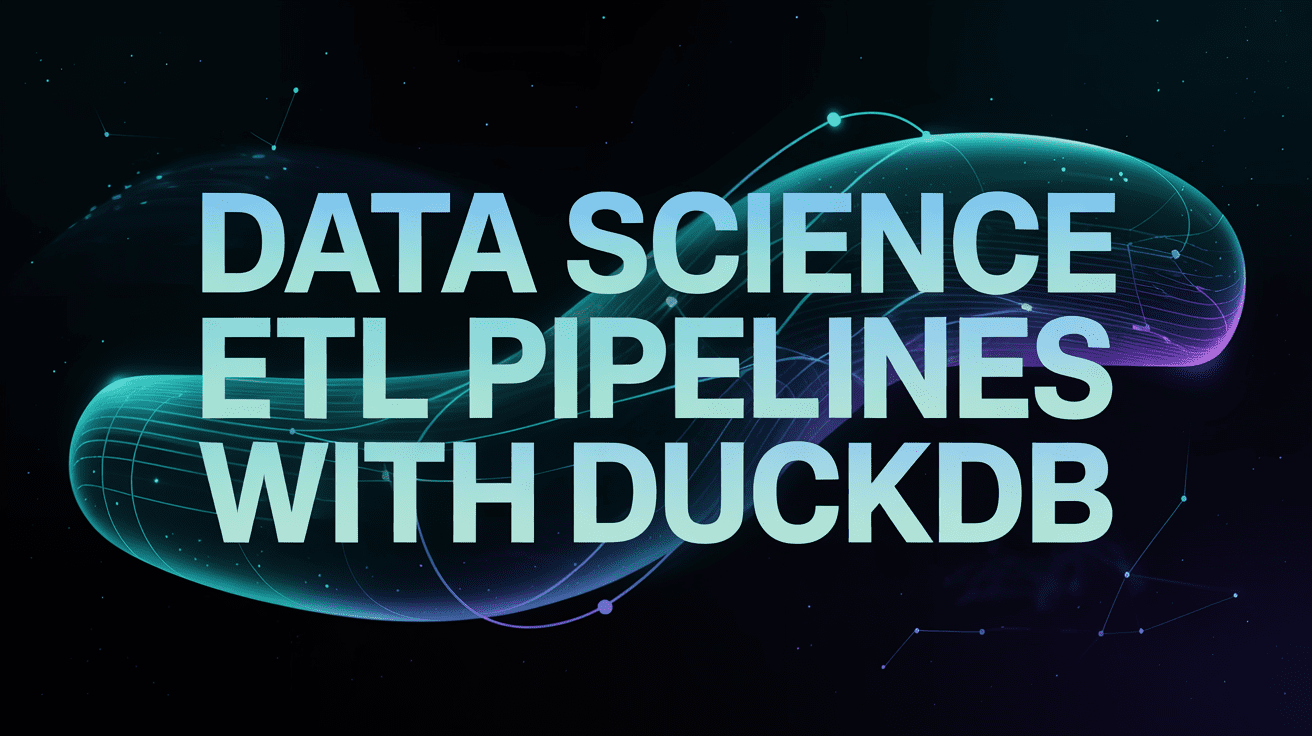



















































































![[DEALS] The All-in-One CompTIA Certification Prep Courses Bundle (90% off) & Other Deals Up To 98% Off – Offers End Soon!](https://www.javacodegeeks.com/wp-content/uploads/2012/12/jcg-logo.jpg)



![How to Survive in Tech When Everything's Changing w/ 21-year Veteran Dev Joe Attardi [Podcast #174]](https://cdn.hashnode.com/res/hashnode/image/upload/v1748483423794/0848ad8d-1381-474f-94ea-a196ad4723a4.png?#)










































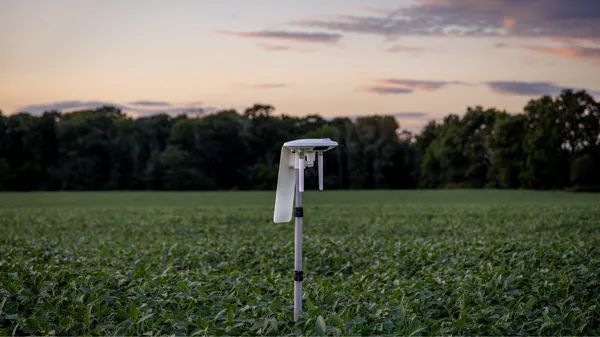




































































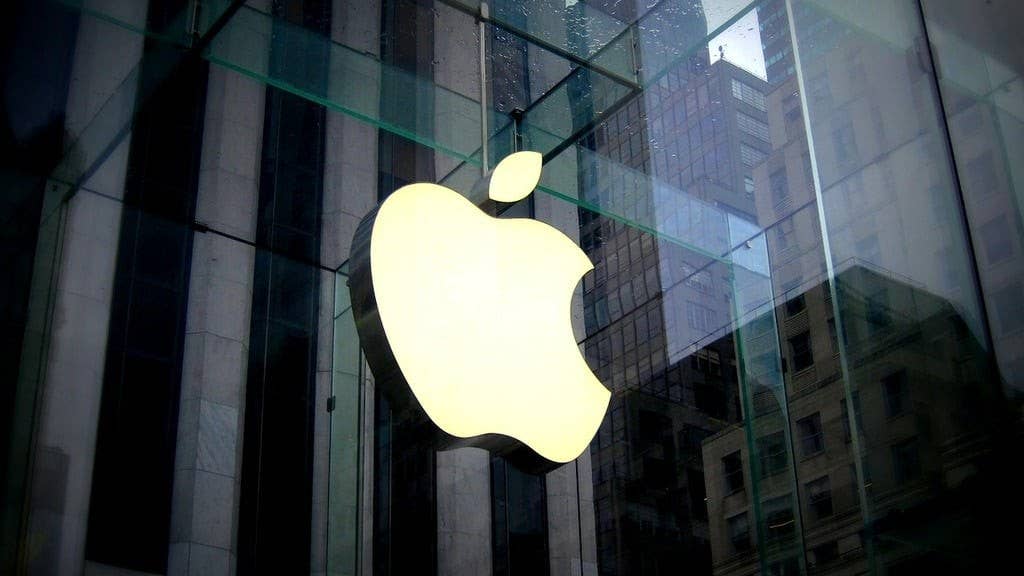















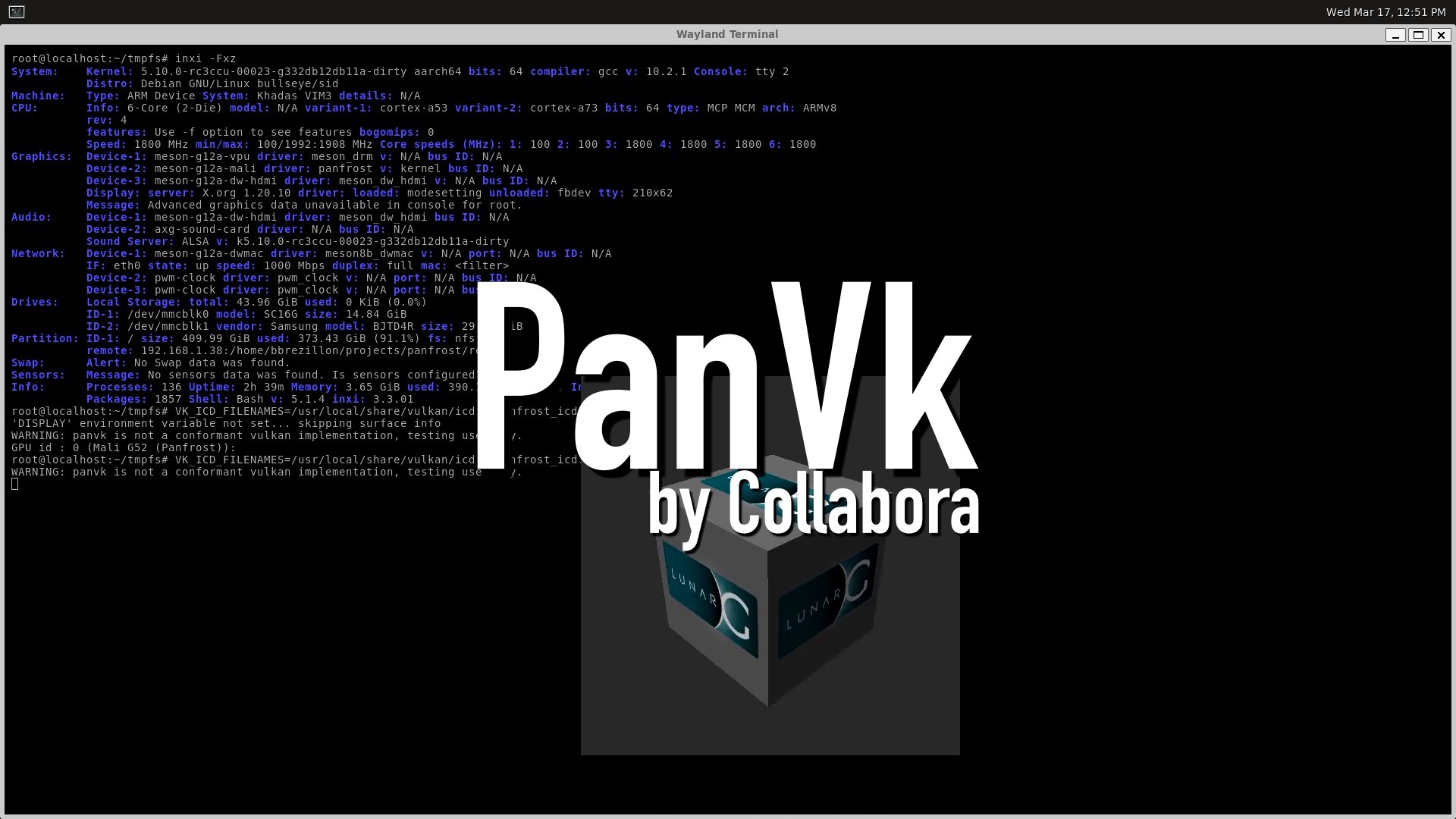







_ArtemisDiana_Alamy.jpg?width=1280&auto=webp&quality=80&disable=upscale#)














































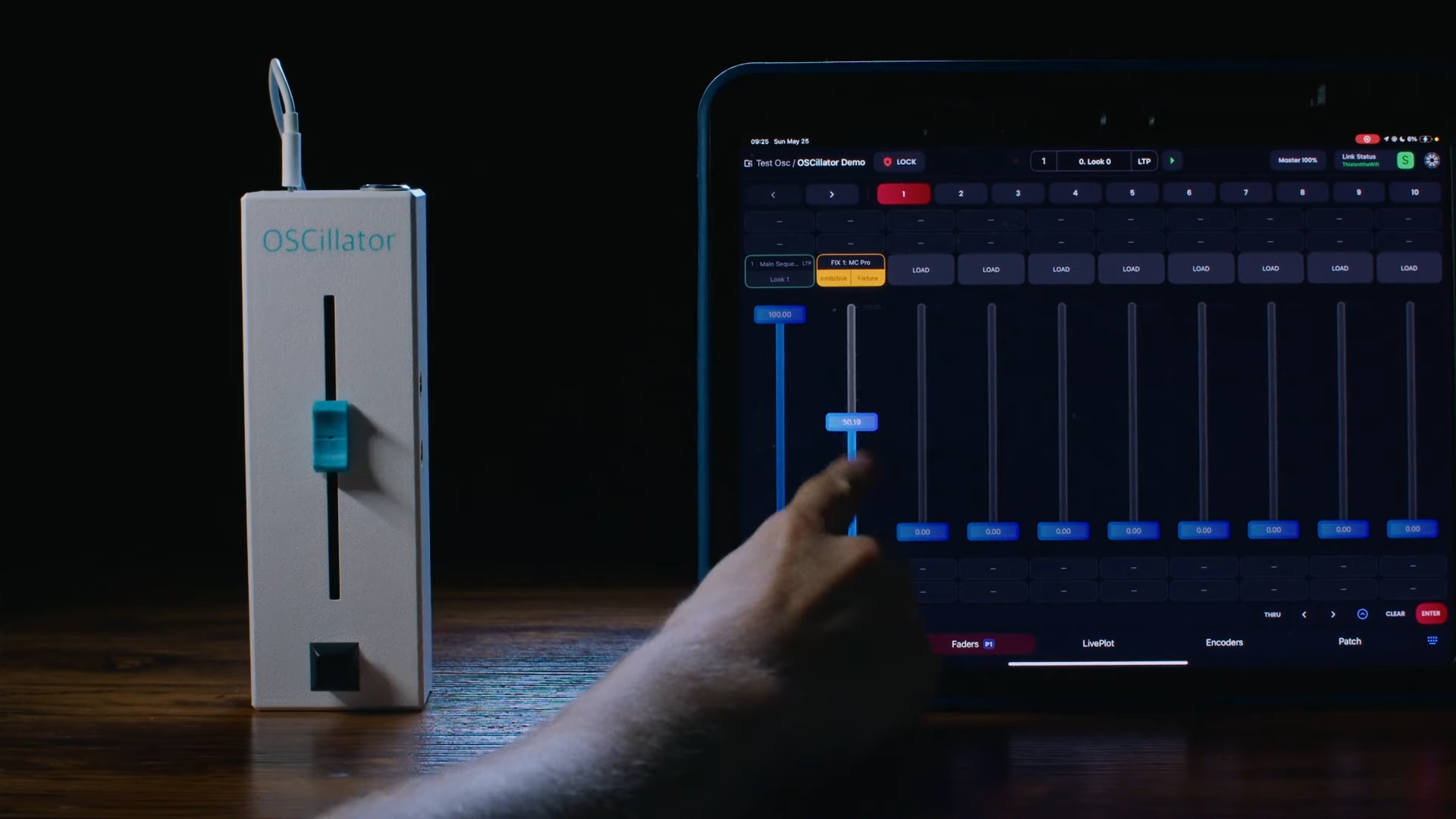


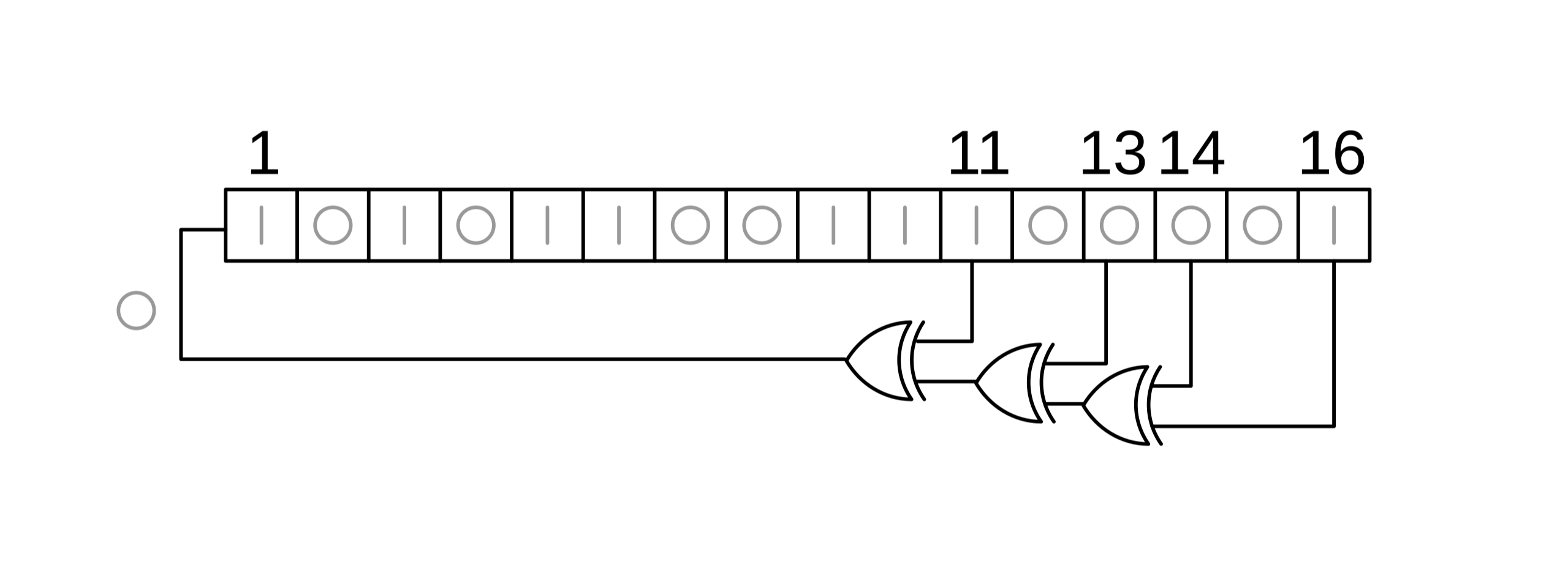





















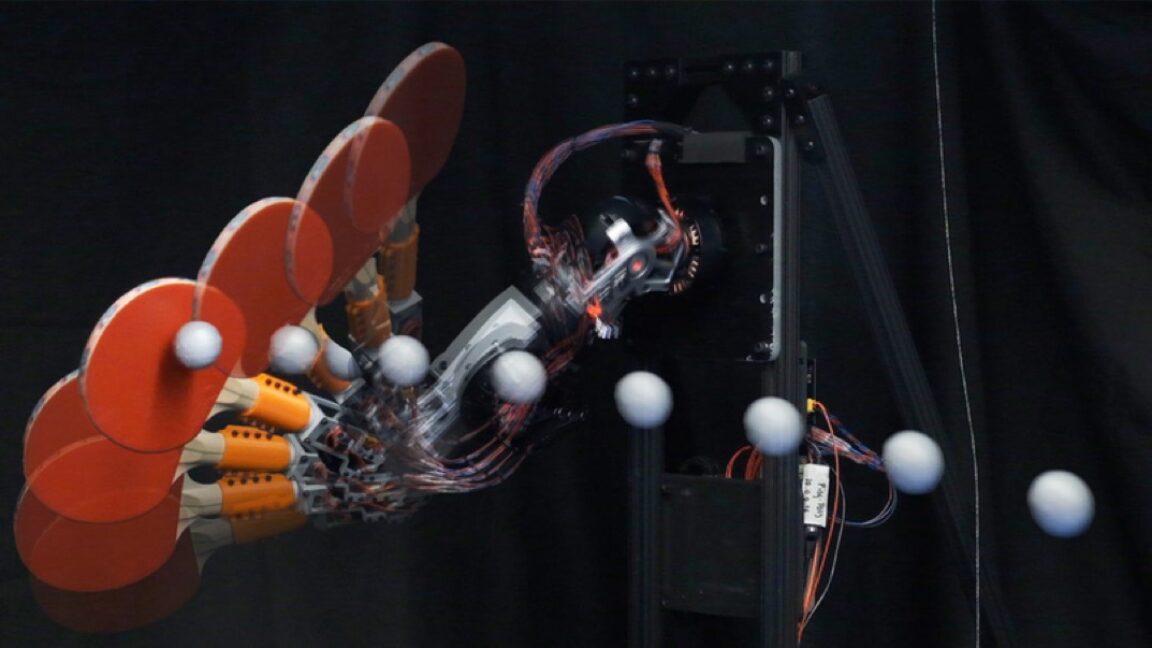








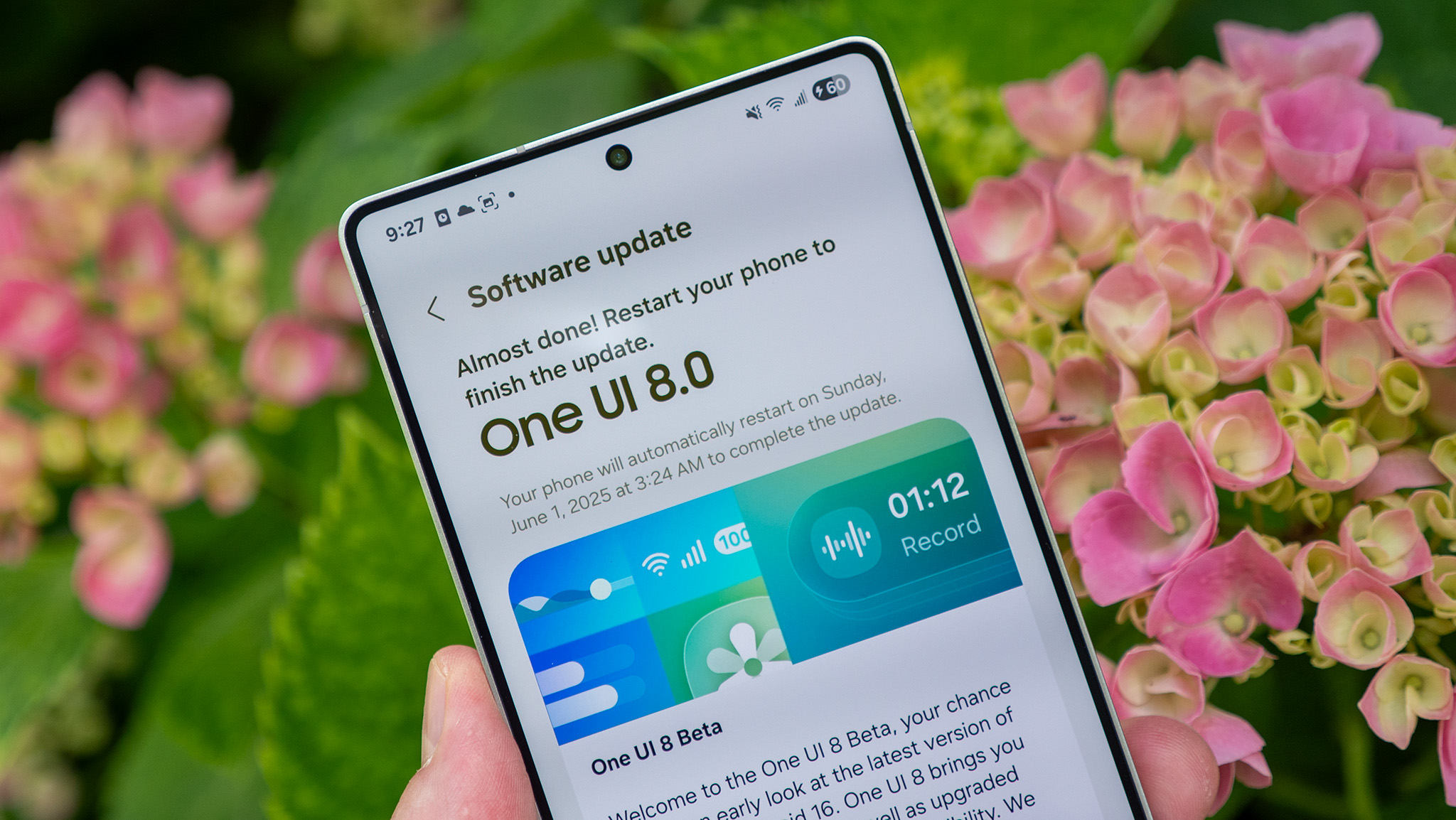

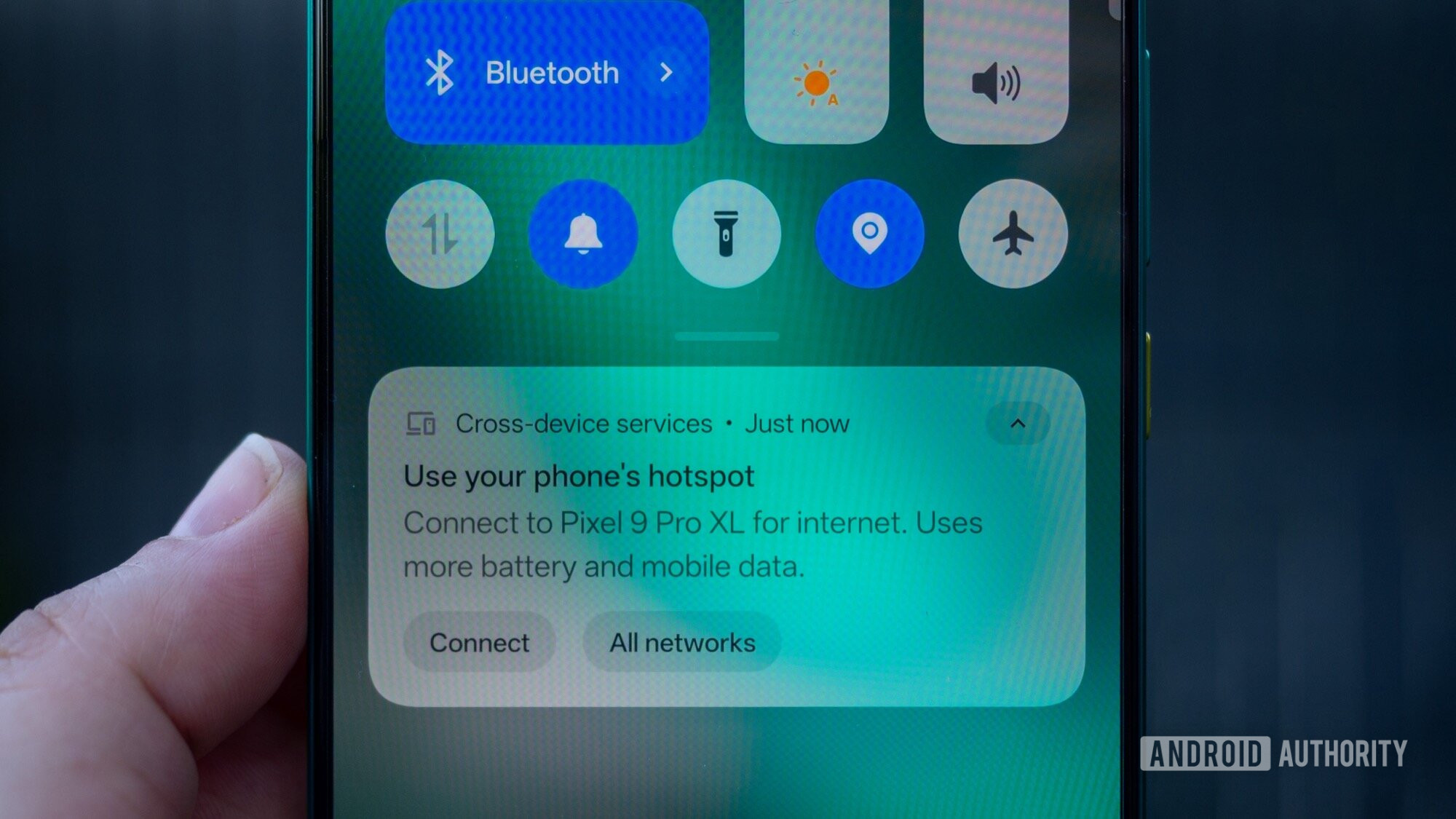




















![Sonos Father's Day Sale: Save Up to 26% on Arc Ultra, Ace, Move 2, and More [Deal]](https://www.iclarified.com/images/news/97469/97469/97469-640.jpg)


![Apple 15-inch M4 MacBook Air On Sale for $1023.86 [Lowest Price Ever]](https://www.iclarified.com/images/news/97468/97468/97468-640.jpg)

























